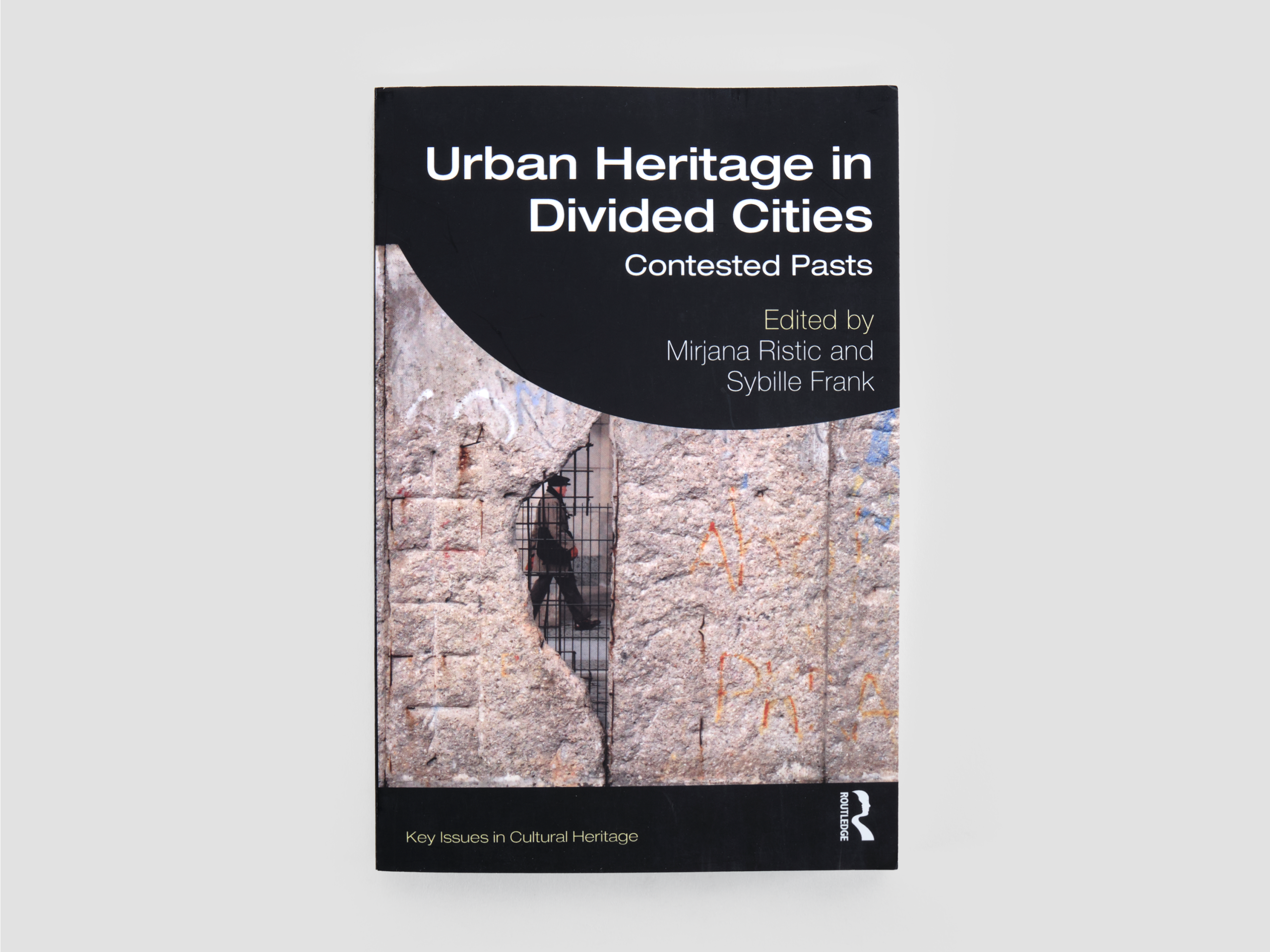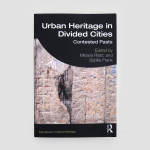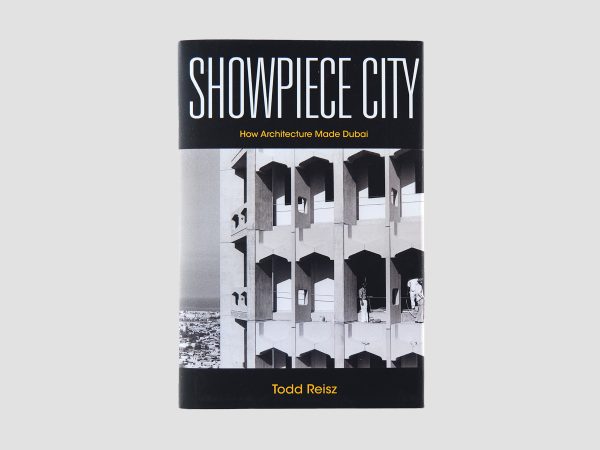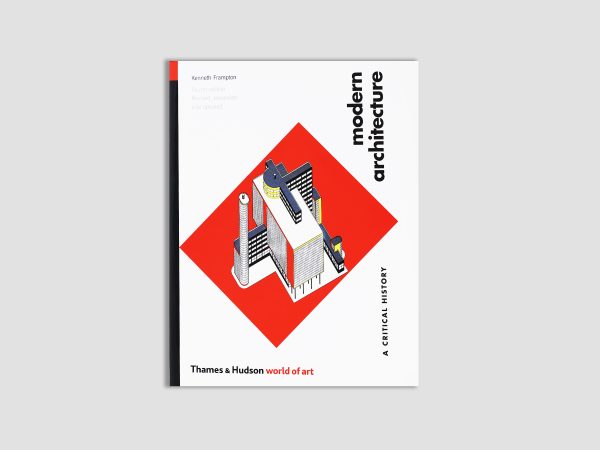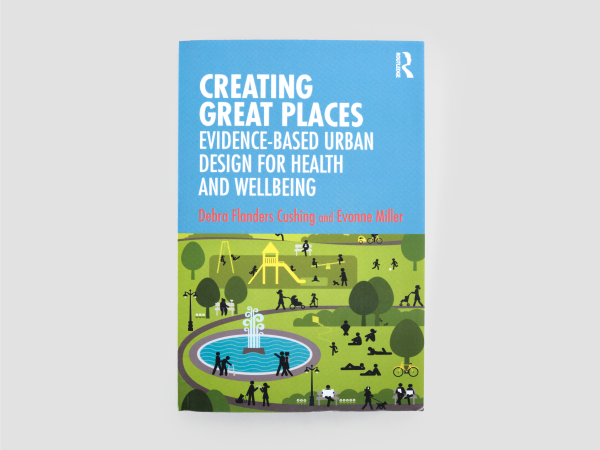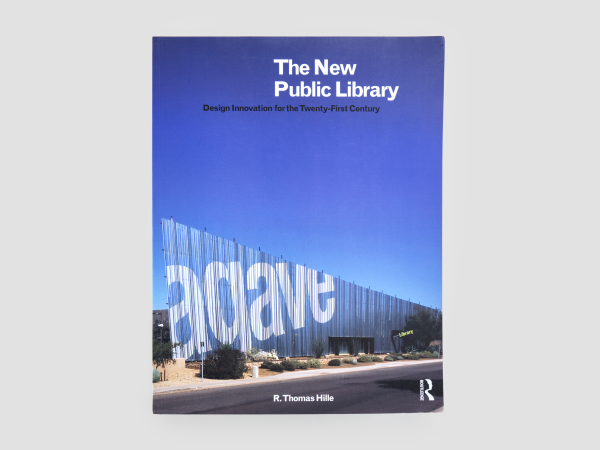Investigating various examples of transformations of urban heritage around the world, the book analyses the spatial, social and political causes behind them, as well as the consequences for the division and reunification of cities during both wartime and peacetime conflicts.
Contributors to the volume define urban heritage in a broad sense as tangible elements of the city, such as ruins, remains of border architecture, traces of violence in public space and memorials, as well as intangible elements like urban voids, everyday rituals, place names and other forms of spatial discourse. Addressing both historic and contemporary cases from a wide range of academic disciplines, contributors to the book investigate the role of urban heritage in divided cities in Africa, Asia, the Americas, Europe and the Middle East.
Shifting focus from the notion of urban heritage as a fixed and static legacy of the past, the volume demonstrates that the concept is a dynamic and transformable entity that plays an active role in inquiring, critiquing, subverting and transforming the present.
About the Editors
Mirjana Ristic is Humboldt Postdoctoral Research Fellow at the Institute for Sociology, Technische Universität Darmstadt, Germany.
Sybille Frank is a Professor for Urban Sociology and Sociology of Space at TU Darmstadt in Germany.
About the Publisher
Founded in 1836, Routledge has published many of the greatest thinkers and scholars of the last 100 years, including Adorno, Einstein, Russell, Popper, Wittgenstein, Jung, Bohm, Hayek, McLuhan, Marcuse and Sartre. Today, Routledge is the world’s leading academic publisher in the humanities and social sciences, publishing thousands of books and journals each year and serving scholars, instructors and professional communities worldwide.
